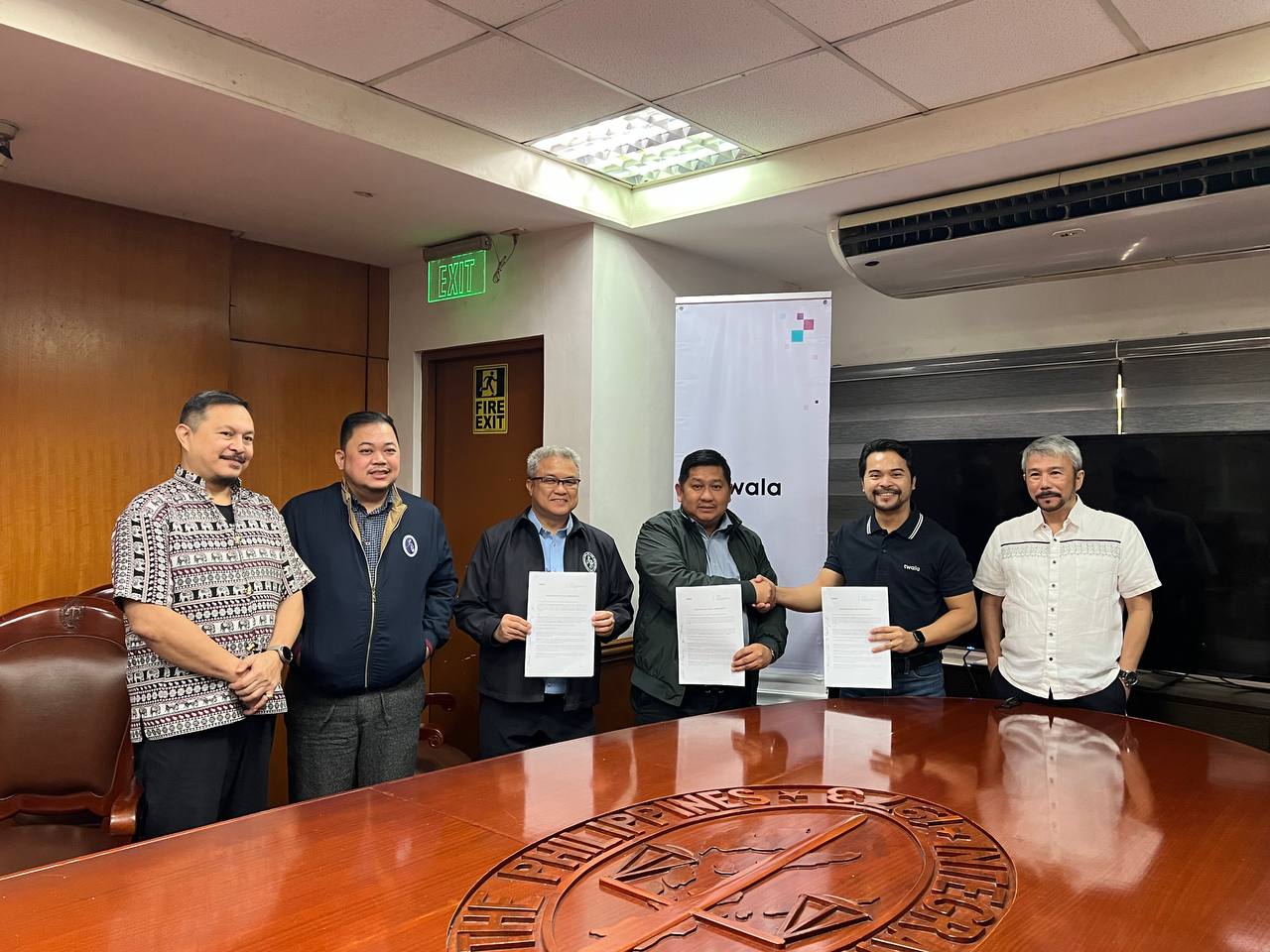Notarization is a common practice for ensuring that legal documents are valid, official, and recognized by the courts and other institutions. Whether for business contracts, property transactions, or simple affidavits, having documents notarized is a critical part of many legal processes. However, despite the benefits, notary scams have been on the rise, leaving many unsuspecting individuals and companies at risk.
Understanding Notary Scams
Notary scams occur when individuals or entities take advantage of the notarization process for fraudulent purposes. In the Philippines, one of the most common types of notary fraud involves individuals posing as legitimate notaries, while in some cases, even licensed notaries might engage in unethical practices such as notarizing documents without proper verification or meeting with the signers.
Common Notary Scams in the Philippines
- Fake Notary Publics
In some cases, unlicensed individuals operate as notary publics, charging fees for services that are not valid or recognized by law. They may not even require the presence of the signers and may notarize documents without properly verifying identities or signatures. This is particularly risky for companies engaging in legal transactions, as documents notarized by fake notaries may not hold up in court or government agencies. - Backdating Documents
Another scam involves backdating notarized documents. Some unscrupulous notaries may agree to notarize documents with a date earlier than the actual signing. This is dangerous for businesses because it can lead to disputes regarding the timing of a contract, potentially causing legal challenges and financial losses. - Notarizing Blank or Incomplete Documents
In some instances, notaries might notarize blank or incomplete documents, leaving key details open for manipulation later. This could be especially harmful for individuals or companies involved in property transactions, where the risk of fraud and alteration is high. - Charging Unreasonable Fees
Some notaries might charge excessively high fees for notarization services, taking advantage of clients who are unaware of the standard rates. It’s essential to know the appropriate fees, as set by the government, to avoid being overcharged.
How to Protect Yourself and Your Company from Notary Scams
- Verify the Notary’s License
The first step in protecting yourself from notary fraud is ensuring that the notary public you are dealing with is properly licensed. In the Philippines, notaries must be lawyers, so it’s important to check if the individual is listed as a licensed notary with the Supreme Court’s database or the local Integrated Bar of the Philippines (IBP) chapter. - Ensure Proper Identification
Always make sure that the notary asks for proper identification before notarizing any document. Legitimate notaries should verify the identities of the signers in person. If a notary does not request identification or fails to ensure that you understand the contents of the document, it could be a red flag. - Meet in Person
While the convenience of online notarization is rising, it’s still a good practice to meet with a notary in person, especially for important transactions. This ensures that the notary personally witnesses the signing and confirms the authenticity of the document. - Read and Understand the Document
Never sign a document unless you fully understand its contents. A legitimate notary will make sure the signer understands the document being notarized. If the notary is unwilling to explain the document or seems rushed, reconsider proceeding. - Be Wary of Backdating
Avoid any notary who offers to backdate documents or asks you to sign documents with blank sections. Always insist on seeing the completed document with all the necessary details filled out before you sign. - Know the Standard Fees
Familiarize yourself with the fees set by the Philippine government for notary services. As of now, the maximum fee for notarization is ₱150 per document, depending on the location and complexity. If a notary asks for significantly higher fees, it’s best to walk away and report the incident to the authorities. - Look for Reputable Notary Offices
Established law firms and reputable notary offices are less likely to engage in fraudulent practices. If you’re unsure, consider seeking recommendations from trusted colleagues or business partners.
Safeguarding Your Legal Interests
Protecting the integrity of your documents is essential to avoiding legal complications. Whether handling business contracts or personal affairs, following these simple guidelines ensures your transactions remain secure and legally binding. Verify notary credentials, ensure that documents are correctly filled out, and always be aware of the standard fees. By staying vigilant and informed, you can reduce the risks of falling prey to fraud and safeguard your legal interests with confidence.





.png)
